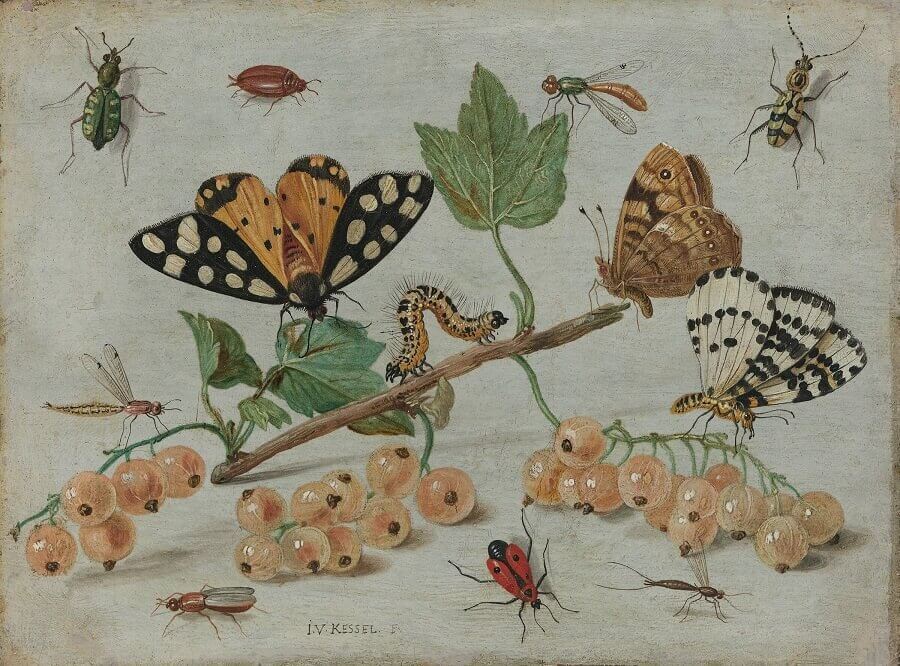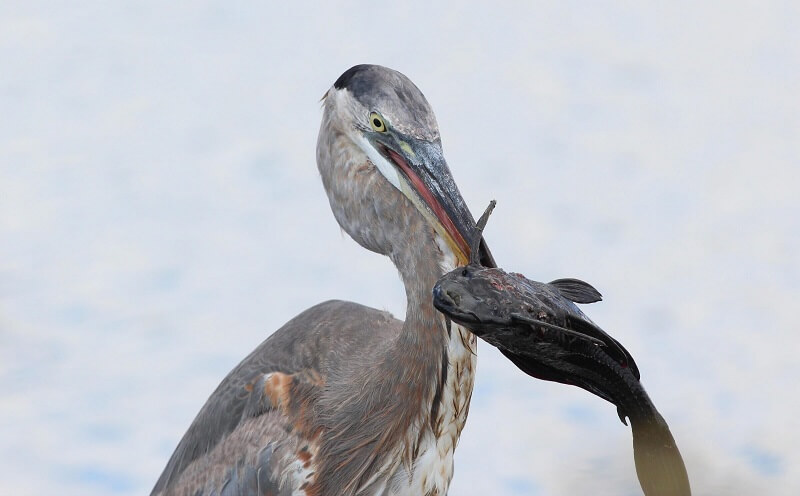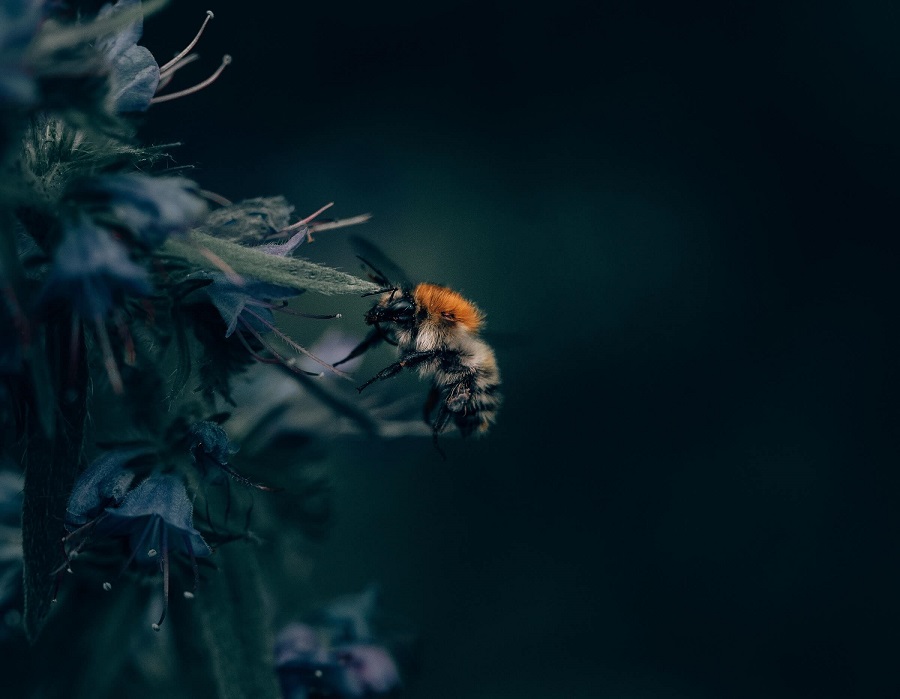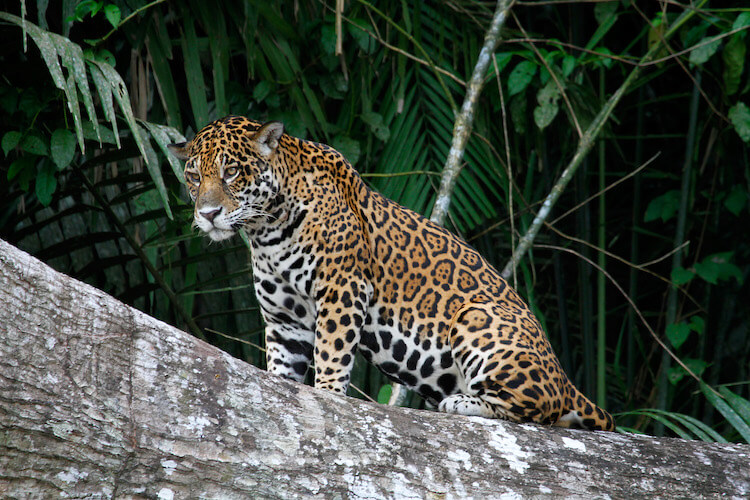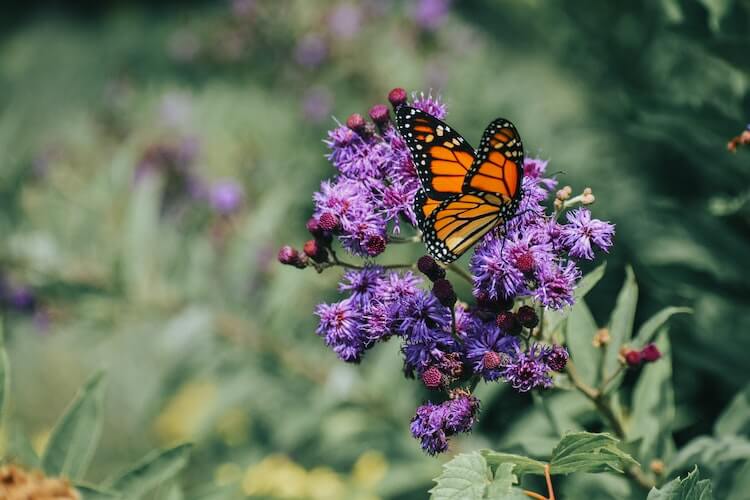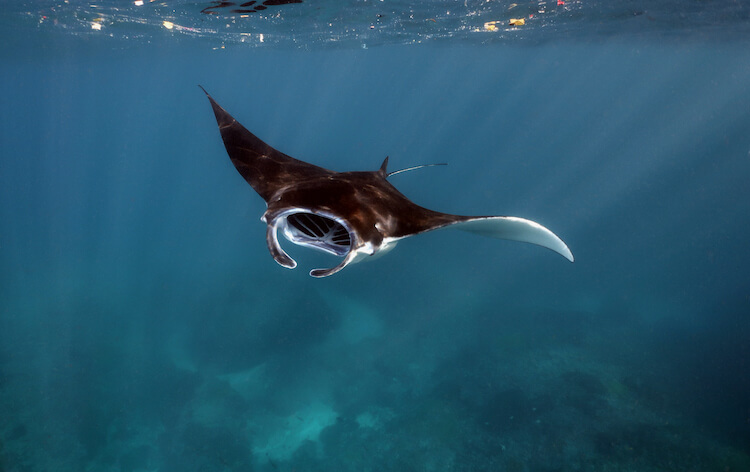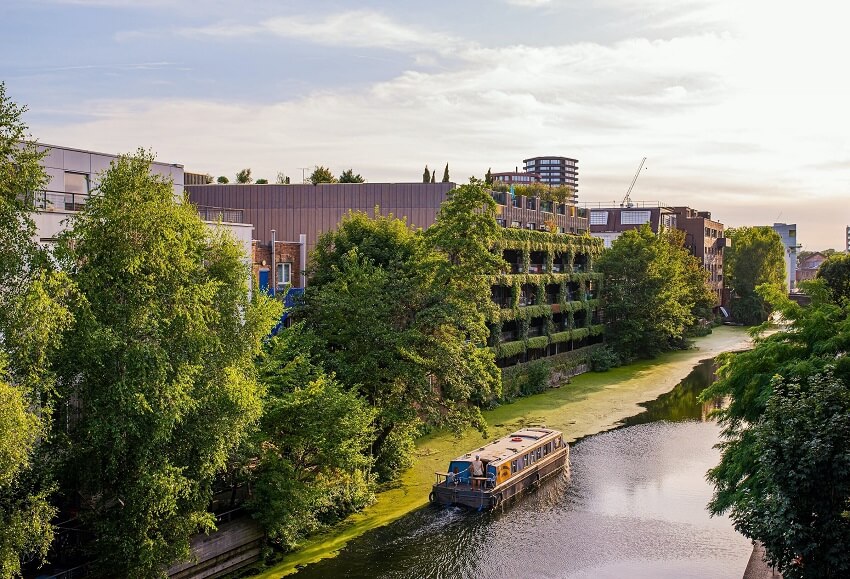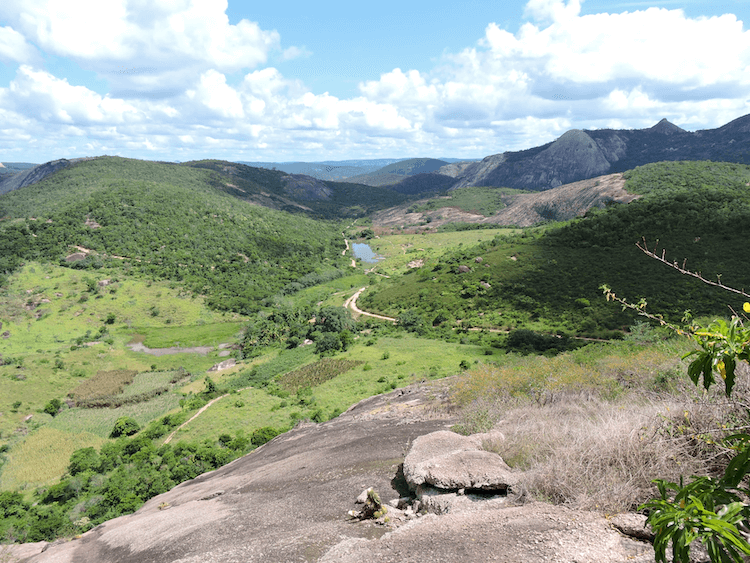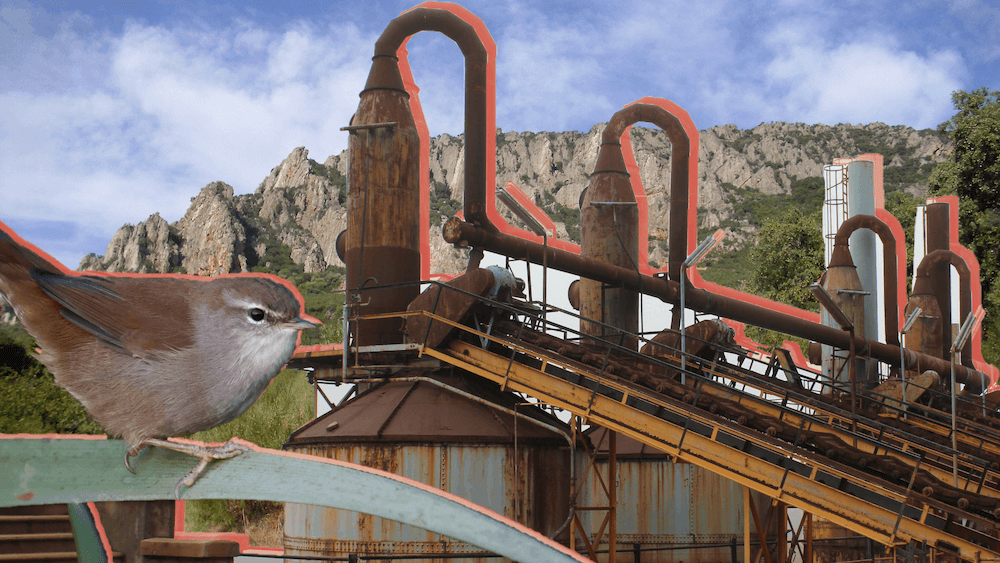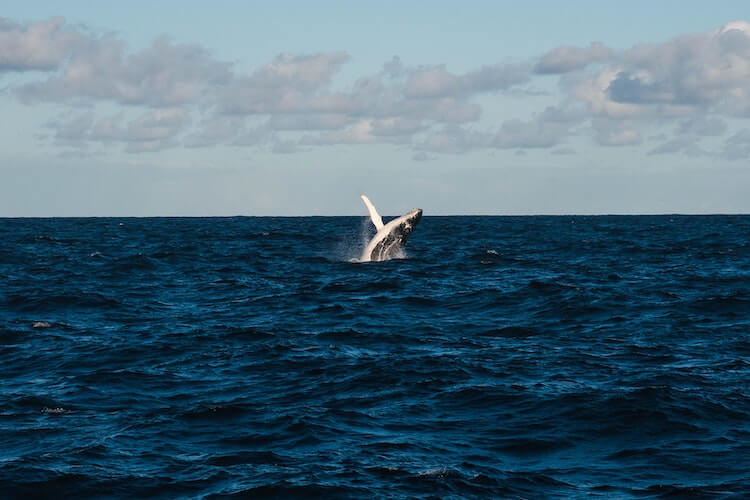Articles Written by Hannah Corsini
Globally, insect decline may be even more extensive than seen in animals and plants
Sustainable Leaders | Global, April 5th, 2024
Population genomics may be the key to understanding the current insect apocalypse. While historically, in the United Kingdom insects have been rich in abundance, insects such as butterflies have declined at least 70% in the past four decades. A look back into ‘The Great Yellow Bumblebee’ exemplifies a story of the decline of British rare species.
Even agricultural conservation might not save Midwestern freshwater biodiversity
Sustainable Leaders | North America, March 13th, 2024
Agriculture is a major driver of land-use changes and can intensify the impacts of climate change on temperature and groundwater. The loss of riparian cover or vegetation can affect the ecosystem’s health of the Mississippi River Basin in the Midwestern US, particularly the fish population.
Indian meal moth (Plodia interpunctella) found in Antarctica for the first time
Environment | Tundras and Poles, December 10th, 2023
A pest in Antarctica? An Indian meal moth has been captured within the Brazilian Comandante Ferraz research station on King George Island, South Shetland Islands. This report emphasises the constant threat of anthropogenic pollution to the natural environment in all parts of the world.
Could retention forestry help save our pollinators?
Environment | Forests, August 10th, 2023
The University of Freiburg, Germany, is developing the Conservation of Forest Biodiversity Project focused on the reforestation of the Black Forest. A 2023 study announced that forest elements like canopy cover, structural complexity and herb cover structure are essential for bee and wasp communities.
Unravelling the train derailment in East Palestine, Ohio
People | Communities, June 27th, 2023
On the 3rd of February, 2023, 50 cars of a Norfolk Southern freight train derailed in East Palestine, a small town situated on Ohio’s border with Pennsylvania, after a fire broke out in one of its rail cars. Now, more than two months on, uncertainty lingers around what the derailment means for both the area and its people.
Rewilding Jaguars: the initiatives succeeding in bringing back the Americas’ largest predator
Environment | Forests, May 14th, 2023
Despite South American forestland’s gradual disappearance, a study has recognised that the Baritú–Tariquía corridor between Argentina and Bolivia has been a success for jaguar conservation in America.
Night-time light could be harming the monarch butterfly
Sustainable Leaders | North America, February 23rd, 2023
Artificial light during night-time hours has become commonplace but it is known to negatively impact wildlife. What insights can a 2021 study give into how it affects migratory species such as the monarch butterfly?
Závora Bay: the remote Mozambique region acting as a safe haven for manta rays
Environment | Oceans, January 23rd, 2023
An 11-year study by scientists in Mozambique has revealed the significance of Závora Bay to reef manta ray populations migrating up and down the Inhambane coast.
South West England and South Wales to become the UK’s first Hydrogen Ecosystem
Sustainable Leaders | Europe, January 9th, 2022
The South West of England and Wales is set to become the UK’s first hydrogen ecosystem, as unveiled in transformative plans by the Western Gateway partnership and the GW4 alliance.
Rewilding our cities could reduce the impact of extreme weather
Sustainable Leaders | Europe, November 16th, 2022
The Zoological Society of London (ZSL) have released a report outlining the potential benefits of rewilding urban cities, including benefits to the economy and wildlife recovery, along with the potential reduction of pollution and mitigation of harm caused by extreme weather events.
Seven years on, dolphin populations are still affected by Brazil's worst ever environmental disaster
Environment | Oceans, October 18th, 2022
On the 5th of November 2015, the Fundão dam collapsed, unleashing a tsunami of mud which killed nineteen people and left thousands of others homeless. The event has since been referred to as the country’s ‘biggest environmental disaster.’
Mercury and lead contaminants found in birds of abandoned Spanish mining towns
Environment | Mountains, October 12th, 2022
Environmental researchers in southwestern Spain have highlighted an alarming persistence of mercury and lead in bird populations located near mining areas. Given the diverse breadth of flora and fauna to which the Almadén and Sierra Madrona towns are home, this presents vast and worrying implications for the future generations of wildlife looking to inhabit this area.
Humpback whales are getting stranded in the southern North Sea
Environment | Oceans, October 1st, 2022
In 2021, a humpback whale, nicknamed Humpy, washed up on the coast of Blyth Beach, Northumberland, from the North Sea. Humpy was dead when they found him, wrapped up in the rope from a lobster pot. The Scottish and UK Humpback Catalogue, a whale monitoring group, remarked that this would spark discussion about the risk of the entanglement of whales off the Northumberland coast.
Aylesbury mega-prison: why environmental movements should fight against prison expansion
People | Communities, September 13th, 2022
In early 2022, campaigners from Aylesbury, United Kingdom, halted the plans for a mega-prison. Here is why other environmental groups should be doing the same.

